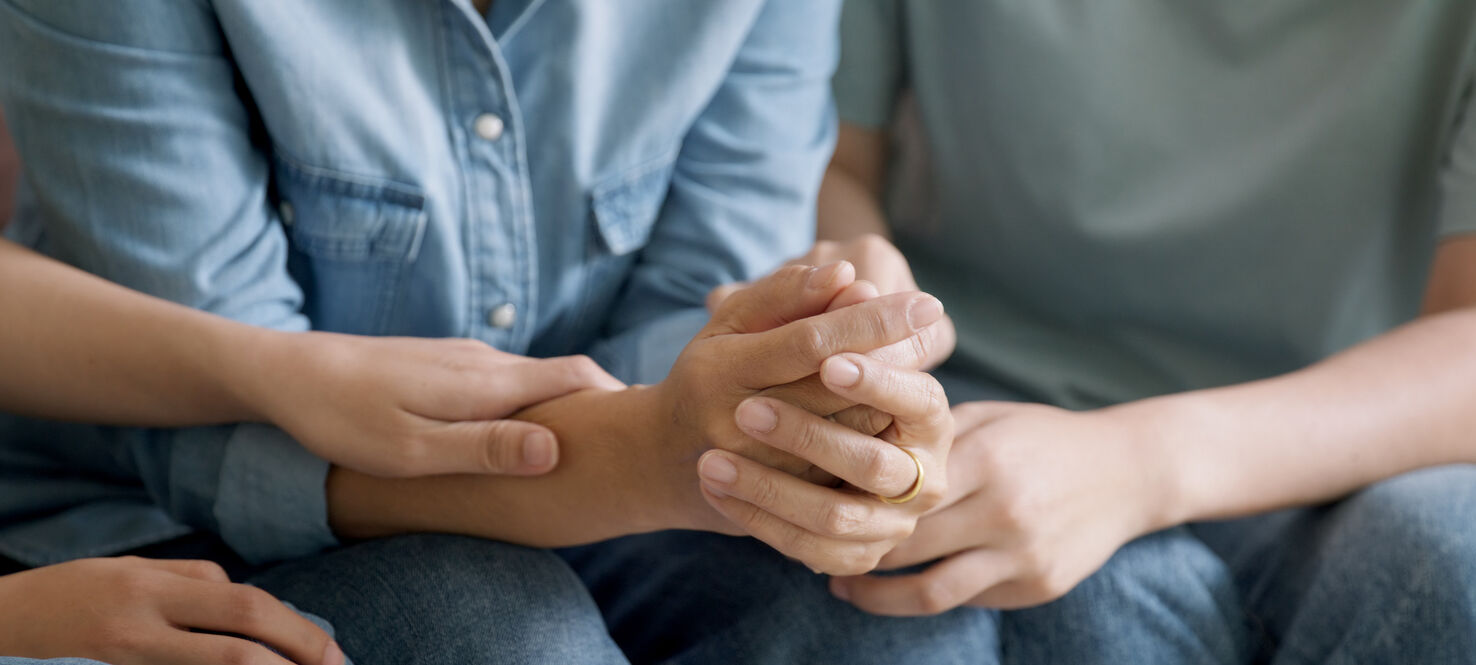Cancer and Mental Health: What You Need to Know
Mental health is an essential aspect of our overall well-being, yet it can be often overlooked and stigmatized. Stigma in mental illness relates to unfair attitude or beliefs about someone with mental health challenges. Mental illness stigma can act as a barrier to psychosocial services for patients with cancer.
Being diagnosed with cancer can come with a rollercoaster of feelings and emotions. It is not uncommon for those diagnosed with cancer to experience symptoms of anxiety and depression for the first time due to adjusting to changes in their physical and mental health. According to a study published in the Journal of Affective Distorders, almost half of all people with cancer say they feel some anxiety and about one-fourth of all people with cancer say they feel a high amount of anxiety. It’s also normal for patients to feel sad after a cancer diagnosis. It can be a challenge for patients to distinguish normal sadness from feelings of depression as they maneuver through their new illness and diagnosis. Researchers found that depression can be mild and temporary with periods of sadness, but it can also be more severe and lasting, sometimes presenting as clinical depression.
It is crucial for patients to take the time to identify symptoms that could mean they need professional help. Symptoms of depression can include:
- Loss of pleasure and interest in activities you used to enjoy
- Changes in eating and sleeping habits
- Feeling worthless, feeling guilt
- Decreased concentration ability
If you notice symptoms that last more than two weeks or that are severe enough to cause noticeable problems in day-to-day activities it is time to seek professional help. Symptoms of anxiety can include:
- Feeling worried all the time
- Not being able to learn new information
- Not being able to "turn off thoughts”
- Trouble sleeping most nights
- Frequent crying spells
- Fast heartbeat
- Dry mouth
- Shaky hands
- Restlessness
- Feeling on edge
It is important for patients to know that cancer can cause a new occurrence of anxiety and depression to promote a sense of normalcy as they experience anxiety and depression for the first time.
While anxiety and depression are a new challenge for some patients with cancer, others have a history of depression and/or anxiety before their cancer diagnosis, which may have been in remission before the news of cancer. Studies show that those with a history of depression are more likely to experience depression after a cancer diagnosis than those who have never had depression. The same is true for anxiety. For that reason, it is especially important for these patients to self-monitor for signs of a recurrence. Reflect back on your previous experience. What symptoms were present last time you had depression and/or anxiety? Are any of those present now? Are you able to use the same coping skills you used before? Sometimes the effects of cancer affect what coping skills can be used and it may be necessary to adjust familiar coping mechanisms or find new ones.
It is also important to check in with yourself after treatment ends. While people expect to be happy when they complete treatment, in reality for some patients this is a very challenging time. A patient's support system may withdraw after the demands of treatment end, patients may experience side effects from treatment that are challenging and the routine of treatment ends. For some it is the first chance to emotionally process their experiences since being diagnosed. Sometimes these changes trigger a recurrence of depression or anxiety or worsen already existing symptoms. The patient may feel guilty that they are not celebrating the end of treatment. This can surprise loved ones. At times they may not know how to provide support.
Coping can refer to practices utilized to sustain your emotional well-being and to adjust to the stressors caused by a cancer diagnosis. Different people cope in different ways with some methods being successful for one person and not another. It’s important to recognize that coping is an ongoing process as patients continue to learn and grow throughout their cancer journey. While it may not be possible to prevent anxiety or depression from occurring there are steps patients can take that may help symptoms improve. There are a few categories of coping skills including distraction, emotional release, self-care, challenging negative thoughts and spiritual coping.
Distraction can be things like watching TV and playing games. Emotional release coping strategies can be things like singing along to your favorite music or putting on a funny show. Challenging negative thoughts is taking yourself out of your own situation and looking at your thoughts objectively. Self-care includes going to the salon, buying a special treat or getting a massage. Other coping skills include breathing exercises, yoga and meditation. It is important to use different types of coping skills. Sometimes we need to be distracted. Eventually it is important to process your emotions and that is where some of the other coping skills could be beneficial.
Feelings of sadness, fear and nervousness are very common throughout cancer treatment and many people will experience this at least temporarily at some point in their cancer journey. It is important to allow yourself to process these emotions in a healthy way. Social workers at Moffitt Cancer Center are available to talk with patients who are struggling with adjusting to their diagnosis through counseling and connection to support resources. Social workers also assist patients with other concerns, such as talking with children about a diagnosis and navigating changes to relationships. If you are having thoughts of suicide, immediate help is available by calling or texting 988.
This article was written by Melissa Rice, MSW and Latoya Hemmings, MSW



